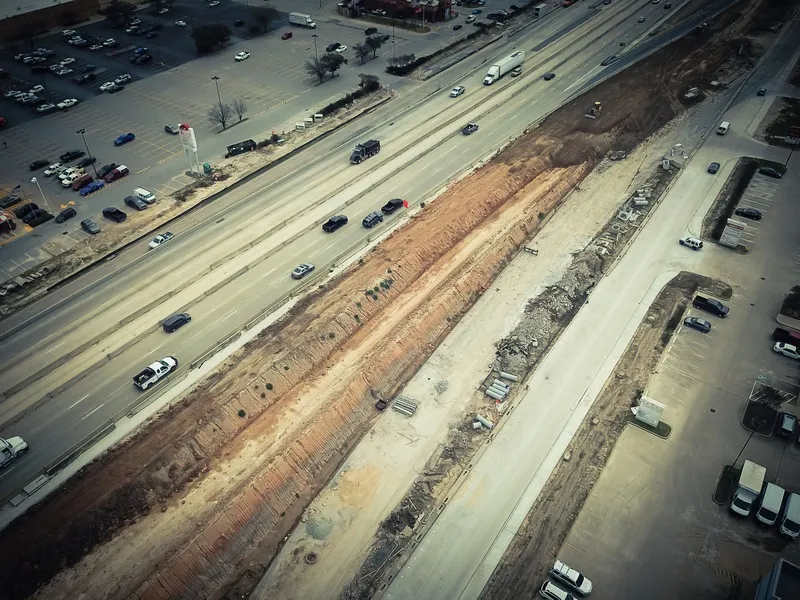CEOs of large, mid-size and small public US transportation systems attending a press call as part of National Infrastructure Week have sounded the alarm for the urgent need to increase infrastructure investment in America's public transportation systems.
The Federal Transit Administration (FTA) cited a US$86 billion backlog in deferred maintenance and replacement needs with more than 40 per cent of buses and 25 per cent of rail transit assets in marginal or poor condition, according to the latest data
May 23, 2016
Read time: 2 mins
CEOs of large, mid-size and small public US transportation systems attending a press call as part of National Infrastructure Week have sounded the alarm for the urgent need to increase infrastructure investment in America's public transportation systems.
The2023 Federal Transit Administration (FTA) cited a US$86 billion backlog in deferred maintenance and replacement needs with more than 40 per cent of buses and 25 per cent of rail transit assets in marginal or poor condition, according to the latest data from 2013. At the same time, with ridership increasing by 37 per cent since 1995, public transit systems are challenged to increase service and capacity.
"After decades of inadequate investment, the American public transportation infrastructure is crumbling," said American Public Transportation Association (APTA) chair Valarie J. McCall, who serves on the board of the Greater Cleveland Regional Transit Authority (GCRTA). "This neglect demands attention at all levels of government so that public transit can continue to help grow communities and businesses."
"As public transportation has experienced tremendous growth over the last two decades, public transit systems are struggling to maintain aging and outdated infrastructure while at the same time being challenged to expand capacity," said APTA acting president and CEO Richard White. "While Congress's passage of the federal FAST Act was a step in the right direction, the job is still not done because we are woefully behind in investing in our infrastructure. Estimates to meet current national public transportation demand will require a capital investment of US$43 billion annually over six years by all levels of government. Currently, the US invests US$17.7 billion annually."
The
"After decades of inadequate investment, the American public transportation infrastructure is crumbling," said American Public Transportation Association (APTA) chair Valarie J. McCall, who serves on the board of the Greater Cleveland Regional Transit Authority (GCRTA). "This neglect demands attention at all levels of government so that public transit can continue to help grow communities and businesses."
"As public transportation has experienced tremendous growth over the last two decades, public transit systems are struggling to maintain aging and outdated infrastructure while at the same time being challenged to expand capacity," said APTA acting president and CEO Richard White. "While Congress's passage of the federal FAST Act was a step in the right direction, the job is still not done because we are woefully behind in investing in our infrastructure. Estimates to meet current national public transportation demand will require a capital investment of US$43 billion annually over six years by all levels of government. Currently, the US invests US$17.7 billion annually."







